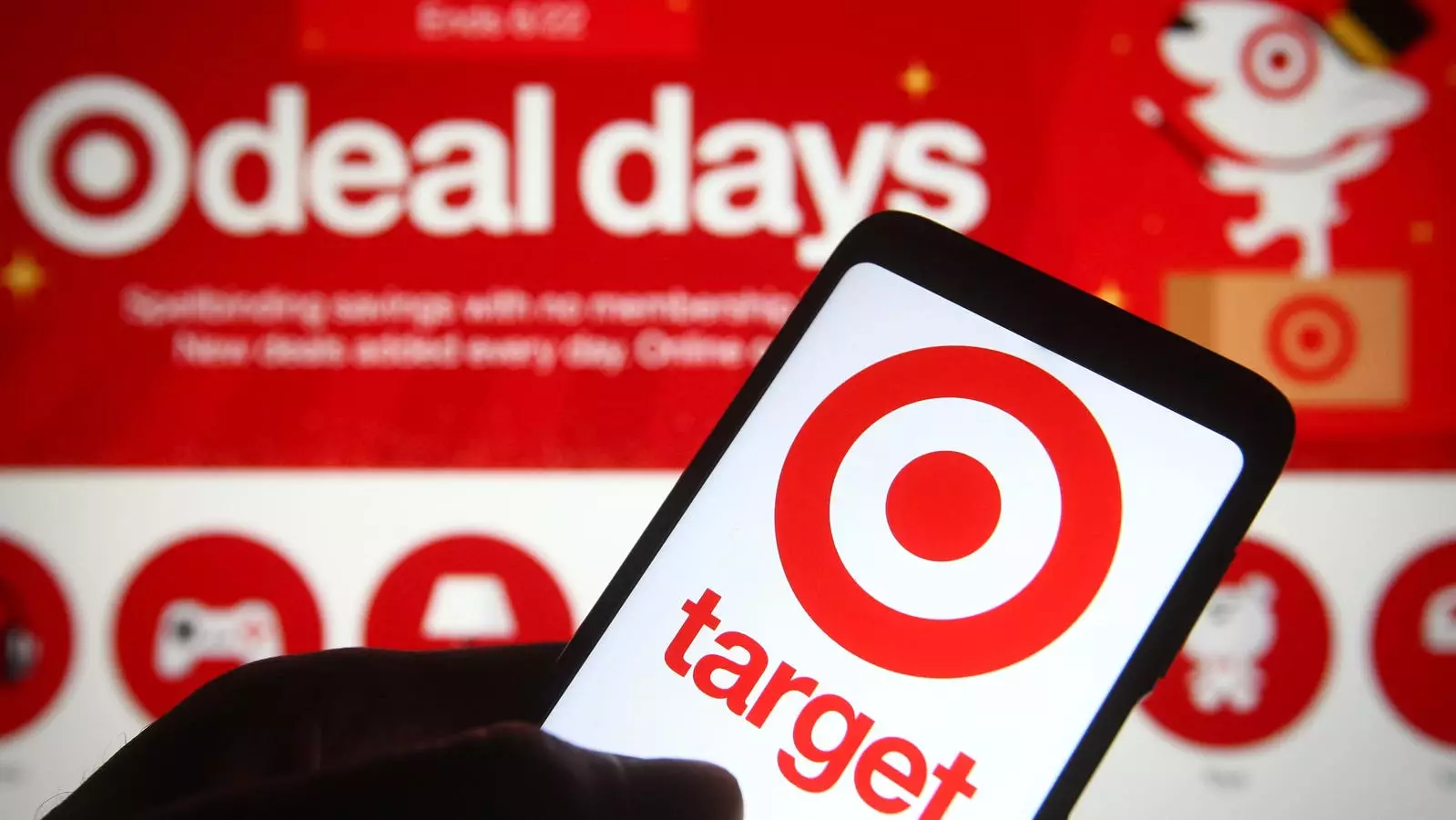On February 28, an event known as The People’s Union USA Economic Blackout underscored the tangible impact consumers can exert on corporations. The boycott was an organic expression of dissent, fueled by discontent with brands that seemed to retreat from their commitments to diversity, equity, and inclusion (DEI). This unrest gave way to fascinating shifts in online traffic for various retailers, particularly Target and Costco, revealing the significant influence consumer values have on purchasing behavior and brand loyalty.
According to analytics from Similarweb, Target experienced a notable 9% drop in website visitors on the day of the boycott, bringing its total down from 5.2 million to 4.7 million. Even more alarming for the retailer was the 14% decline in its mobile app user traffic, which fell from 4.2 million to 3.5 million. This data reflects the growing discontent among Target’s most loyal customers, who may view the brand’s recent scaling-back on DEI initiatives as a betrayal of principles that matter deeply to them.
Costco’s Counter Narrative
Conversely, Costco showcased a counter-narrative by embracing its DEI commitments, leading to a remarkable 22% increase in web traffic on the same day. From February 14 to February 28, the big-box retailer saw an escalation from 2.4 million to 2.9 million visitors. Such an uptick not only highlights Costco’s successful alignment with consumer expectations but also positions it as a polar opposite to Target amid the ongoing societal upheaval concerning equitable practices.
Notably, Costco’s mobile app traffic also rose, albeit modestly, by 3%, suggesting that even its most committed customer base recognized the company’s stance as both principled and relevant. This demonstrates that consumers are increasingly willing to align their buying habits with brands that embody their values, making it ever more critical for companies to examine how their policies resonate with their target markets.
The Broader Implications of Erosion in DEI Initiatives
Target’s challenge is not only about traffic data but rather about a deep-seated shift in corporate ethics. The backlash against Target cannot be isolated to this one event; it coincides with broader movements where companies like BlackRock, traditionally champions of DEI and ESG (Environmental, Social, and Governance) initiatives, have begun rethinking their commitments amid rising legal and political pressures. Such moves—termed “walking back”—reflect a tumultuous landscape where principles are sacrificed on the altar of economic expediency.
The implications of this shift are profound. The decision-making processes within corporations used to reflect a moral compass, a promise to uphold values that foster social justice and community well-being. Now, with companies retreating from these commitments, the erosion represents a potential moral bankruptcy. Corporations that fail to navigate these turbulent waters with integrity risk alienating not only their customers but also their employees and investors, many of whom are increasingly vocal about their preferences for companies that espouse ethical stances.
The Faith-Based Response
Interestingly, groups like Black faith and civil rights leaders are responding to this corporate malfeasance by advocating for boycotts like the 40-day “Target Fast” during Lent. These efforts highlight how significant societal and moral movements are intertwined with consumer behavior, elevating the stakes for brands that choose to dismiss or dilute their commitments to DEI. The ethical cry for action manifests not merely as a critique of corporate decision-making but as a broader call to arms for a generation that demands accountability.
The ramifications of this boycott on Target’s upcoming earnings report will be closely monitored, as the company’s sustained commitment to its most loyal customers is put to the test. Corporations must understand that consumer loyalty is not just transactional but relational, rooted in shared values that transcend mere profit margins.
As the landscape of corporate America shifts, driven by both consumer activism and the political climate, it becomes crucial for companies to recognize that their identity is intricately tied to their commitments. In a world where values drive purchasing decisions, a retreat from DEI will not only hurt a brand’s image but could also become the catalyst for significant financial consequences. The question looms large: will companies rise to the occasion or compromise their integrity for short-term gains?


Leave a Reply